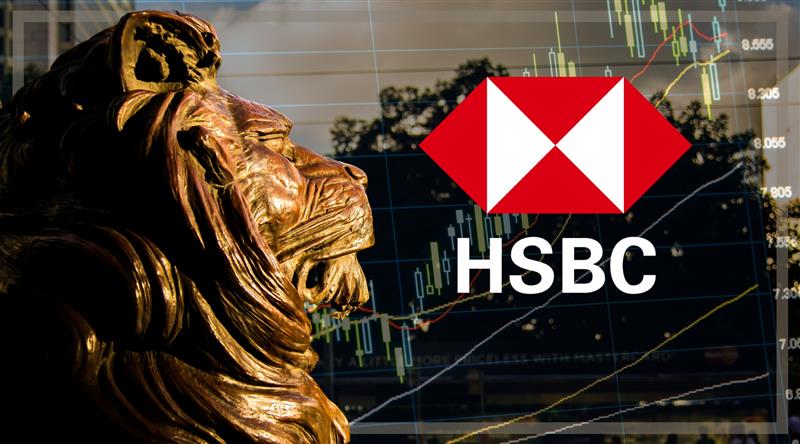Following the outbreak of Israel’s war with Hamas in October last year, the Israeli Shekel (NIS) took a significant blow on foreign exchange markets. Unsurprisingly, investors holding the shekel or other Israeli assets sought to reduce or eliminate this exposure in favour of safer instruments less affected by wartime tensions, such as the US dollar. As a result, the value of the shekel dropped steeply on global forex markets. NIS lost over 10% of its value against the greenback in the immediate weeks after conflict broke out in Gaza.
The Bank of Israel responded to this volatility with a $30 billion package designed to prop up the value of the shekel for the duration of the conflict. The plan involved selling part of the central bank’s foreign exchange reserves to keep NIS relatively strong. The motivation was to minimise volatility in forex markets, provide the necessary liquidity to keep domestic capital markets functioning, and protect consumers from rising prices on imported goods. The Bank appears to have been successful in this endeavour so far: the shekel has traded in a tight range since the measures were unveiled in November.
Bank of Israel sold $8.2 billion since war started to protect shekel from collapse https://t.co/gUGTJ6VFG9 . Click to read ⬇️
— The Times of Israel (@TimesofIsrael) November 7, 2023
But what is the outlook for the shekel for the rest of the year? Aaron Katsman, President and CEO at Lighthouse Capital, an investment advisory firm in Jerusalem, told Disruption Banking that he expects NIS to be stable for the remainder of the war – on the condition that there is not an escalation into a broader, regional conflict involving Iran and others.
“The shekel initially weakened when the war started, but since then, it has stayed relatively strong,” Katsman explained. “There might be a bit of shekel weakness at certain stages of the war – for example if the situation heats up on the northern front with Lebanon – but I think that’ll be short-lived. If there’s an all-out regional war, then it’s harder to know what might happen, but assuming the status quo is maintained, the shekel should stay pretty strong.”
Precisely when this conflict will end remains unclear at this stage. The Israeli government has vowed to fight until Hamas is eliminated entirely from Gaza. In a New Year’s message, the Israel Defense Forces (IDF) advised citizens to expect “prolonged fighting” and suggested the conflict will continue throughout the year. Katsman is of the view that the conflict is likely to come to an and “at some point this year” – at which point the shekel could begin to strengthen substantially. “I’m super bullish for the Israeli economy in the second half of the year,” he said.
Middle East crisis live: Blinken heads to Egypt in effort to seek ‘enduring end’ to Israel-Gaza war https://t.co/i9THU88WOM
— Guardian news (@guardiannews) February 6, 2024
Katsman argued that when the war is over, there will be a release “of of pent-up demand, both amongst domestic consumers and foreign investors” – particularly in the real estate sector.
“Much of this demand has been in the real estate sector, which has been practically frozen since the start of the war, and actually before that too, given the high interest rate environment we had,” Katsman said. “There have been a few transactions, but I think that once the war is over, foreign buyers will come back en masse”
Pent-up consumer demand will also work its way through the Israeli economy, which will then boom,” he added, something which would further boost the attractiveness of the Israeli market in the eyes of foreign investors.
Should this play out, this would be likely to feed into a stronger NIS exchange rate. Put simply, more foreign investment coming from abroad would mean greater demand for the shekel and, as a result, a stronger rate. Katsman also noted that further feeding into this trend could be the return of capital in the high-tech industry – capital which left Israel owing both to Netanyahu’s controversial package of judicial reforms and then the conflict in Gaza. Katsman believes they could return to Israel “to take advantage of companies that are trading very cheaply or currently have very cheap valuations.”
"Despite it all, Israel’s hi-tech industry, the engine of economic growth and prosperity, is bouncing back, showing notable resilience." #Israelhttps://t.co/TMxWF3xFg3
— #DisruptionBanking (@DisruptionBank) February 6, 2024
Any shekel forecasts should come with the major caveat that the uncertainty of war makes precise predictions all but impossible. A sudden escalation in the war, such as the unexpected entry of another country in the region, would be likely to send shockwaves through Israeli markets, including shekel markets.
However, putting that to one side, NIS should remain at its relatively strong levels for the duration of the conflict, thanks partly to the intervention of the Bank of Israel. An influx of foreign capital upon the war’s conclusion – whenever that comes – should in time send the shekel back up to its pre-war levels.
Author: Harry Clynch
#Israel #Gaza #NIS #IsraeliShekel #ForeignExchange















